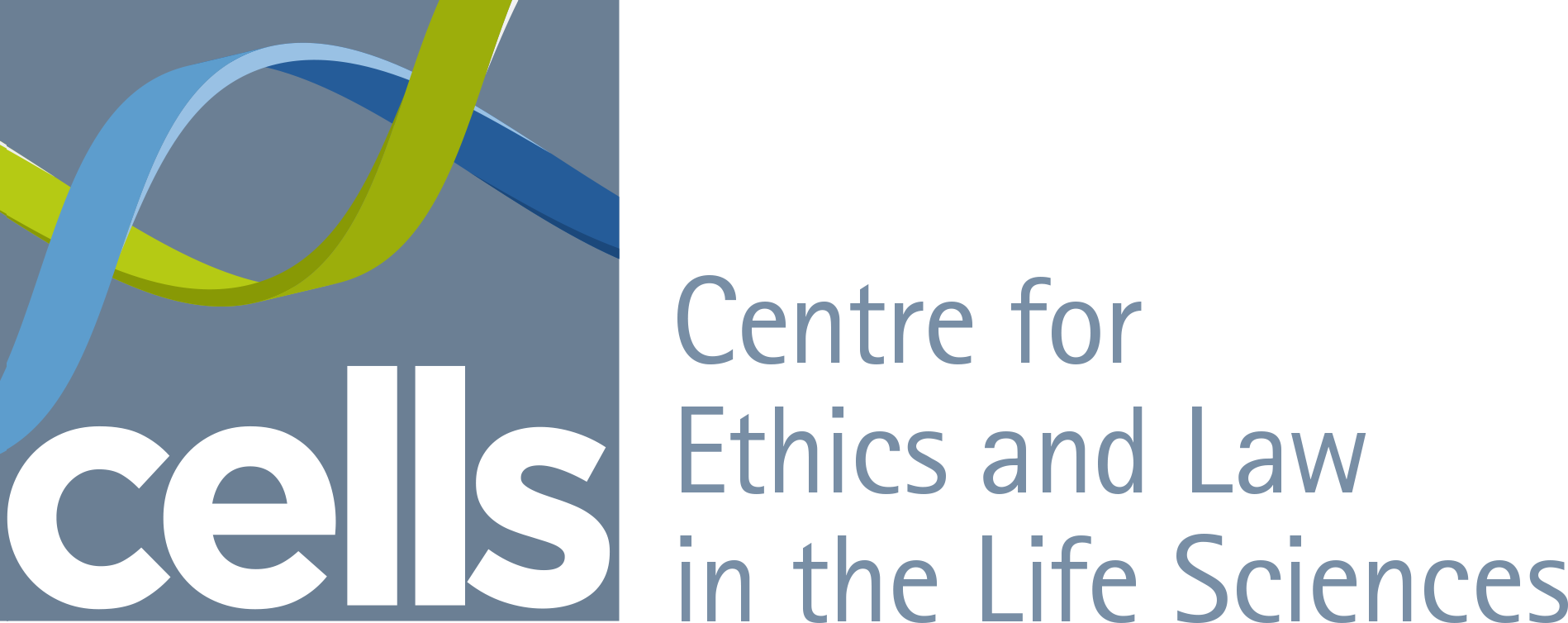On March 14 and 15, the International Symposium "Ethics of the Sciences" took place at the Leibnizhaus, Holzmarkt 4-6, 30159 Hanover. The event, organized by the research initiative Ethics of Sciences (EOS) in collaboration with the Institute of Advanced Studies for Ethics of the Sciences (IASEOS), brought together leading minds from the scientific community to discuss the ethical dimensions of current social, political and technological transformation processes.
The two-day symposium provided a platform for exchange on a variety of topics, including the impact of digitalization on scientific practice, the challenges of science communication in times of increasing uncertainty, policy advice through science, and questions of epistemic (in)justice. The event was opened by two outstanding keynote speakers: Sabina Leonelli from the University of Exeter spoke on "Open Science and the Ethics of Research: A Troubled Relationship", while Eric Meslin, Immediate Past President of the Council of Canadian Academies, Ottawa, spoke on "Whom, What and Why We Should Trust: Ethical Prerequisites for Good Governance in Science".
The programme included a variety of lectures, discussions and interactive poster sessions on topics such as open science and digitalization, science communication and public participation, policy advice and governance as well as epistemic (in)justice and pluralism.
Here, researchers Sabina Leonelli, Katie Shilton and Catrin Misselhorn addressed issues such as the relationship between governance and normative reflection. In this context, the participants also addressed the relevance of data, data ethics and machine ethics. Anne-Sophie Behm-Bahtat and Mark Schweda addressed the question of whether the demands of the public in relation to ethical communication are too high and what role the media plays in this. Eric Meslin, Nils Hoppe and Philippe van Basshuysen discussed the human relationship of trust with regard to scientific findings. The difference between predictions and performativity was also highlighted. Finally, Harish Naraindas and Jan Hinrichsen focused on the plurality of views.
Featuring high-caliber speakers and a wide range of discussion topics, the symposium offered valuable insights and findings for the ongoing debate on the ethical dimensions of science in the 21st century.






























